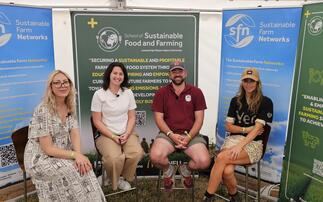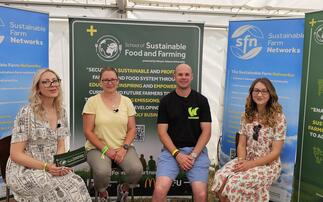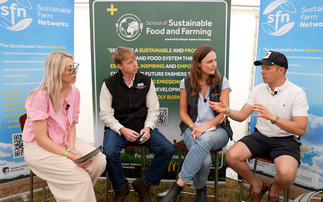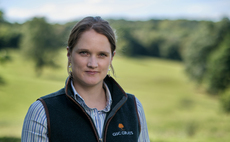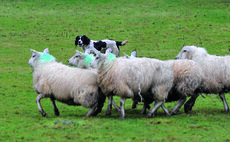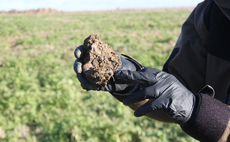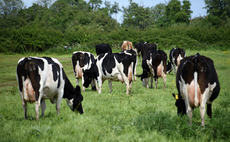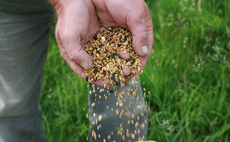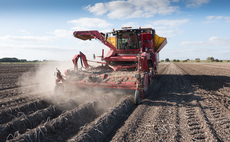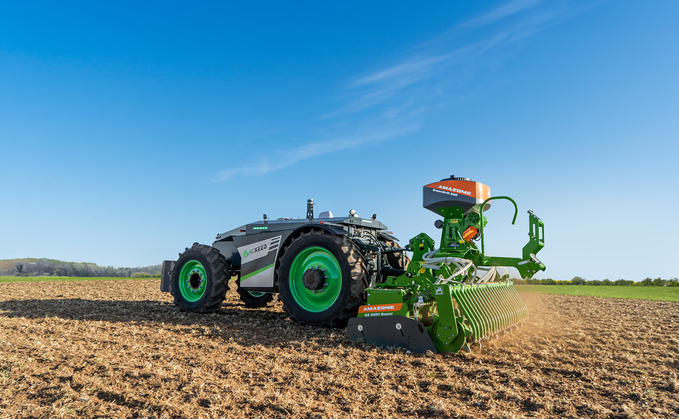
Agriculture plays a crucial role in the UK's economy and daily life. The industry is constantly evolving due to technological advancements and regulatory changes, potentially leading to a feeling of uncertainty and instability for those concerned. To navigate these challenges, you may need to explore alternative funding options, which can be facilitated through various business finance packages.
Agricultural industry dynamics
Technology adoption
The agricultural sector has seen a significant shift towards technology and automation. Traditional manual methods are being replaced with advanced machinery, which, while efficient, can be expensive to acquire and maintain. This financial burden often necessitates the need for finance solutions to help you to keep up with technological advancements.
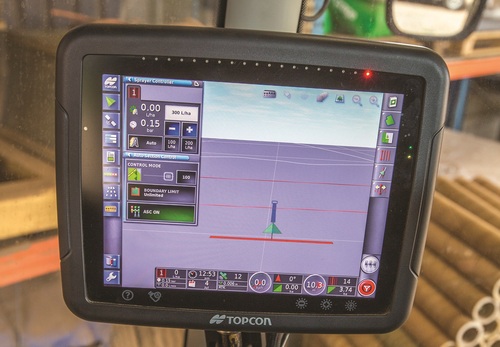
Embracing sustainability
Sustainability has become a cornerstone of modern agriculture. The industry is increasingly focused on implementing eco-friendly practices and reducing its environmental impact. This includes using more efficient farming methods and adopting hydrogen-powered equipment. Sustainability not only helps the environment but can also lead to cost savings and increased profitability.
Resilience
Agriculture is heavily influenced by external factors such as climate change and weather conditions. To build resilience, many farmers are turning to regenerative agriculture, which aims to restore and improve soil health while combating climate change. This practice has been shown to reduce costs and increase profits by minimising the need for fertilisers, water, and machinery.
Market trends
Local sourcing
Brexit and other political developments have driven UK consumers to prefer locally sourced food over imported products. This trend has increased the demand for domestic agricultural products, putting pressure on farmers to produce more efficiently and meet higher standards.
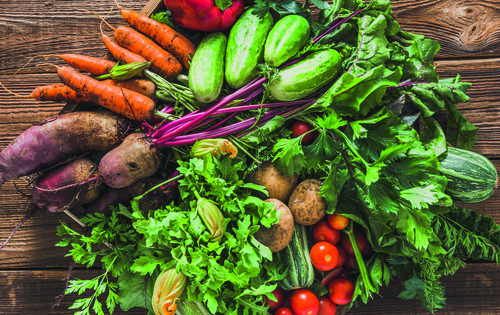
Regulatory compliance
Net zero plans
With the dawn of a new government, we can only guess at the changes that could be made. With their platform including a strong emphasis on environmental protection and sustainability, this could lead to increased funding�� and support for initiatives such as the Net Zero Strategy. Published in 2021, it mandates that all industries, including agriculture, must decarbonise by 2050. This involves implementing policies to significantly reduce emissions and achieve net-zero status. Businesses are legally required to develop and follow plans to meet these goals, making sustainability a critical aspect of agricultural operations.
Importing and exporting
As of early 2024, businesses importing medium-high risk food products, such as animal feed, from EU suppliers must obtain an Export Health Certificate. These regulations also apply to imports from the Republic of Ireland. Certificates should be applied for online at least seven days before export, with costs varying by council and case complexity.
Loss of the Common Agricultural Policy (CAP)
Brexit has resulted in the loss of the EU's Common Agricultural Policy (CAP), which provided around £3.5 billion annually to UK farmers. In response, the UK has developed its own programs, such as the Sustainable Farming Incentive (SFI). Unlike CAP, the SFI requires farmers to demonstrate sustainable practices through soil assessments and other actions, adding complexity and potential costs to their operations.
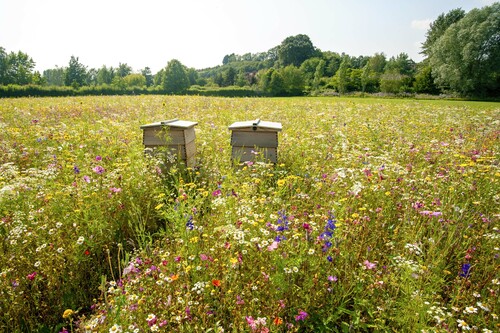
How can Aldermore help?
To compliment the unique demands of the industry, Aldermore can offer various flexible finance solutions tailored to your business.
If you want to own your asset but need flexible deposit options or fixed or variable payments that are aligned to your seasonal income, entering into a��Hire Purchase agreement��could be for you.
Spreading the cost of your asset across the length of your term with monthly rentals, alternatively, might suit you if you don't want to own the equipment outright at the end and just want to Lease��and upgrade the equipment when needed.
Funding for business activity can also be achieved using your existing assets by Refinancing what you have, and use this as collateral to produce an injection of cash to purchase assets that may not be suitable for traditional finance methods.

Here to help!
For more information on how Aldermore can assist you, please visit their website today. Together, you can cultivate success in the agricultural industry.
��
��
T&Cs will apply, subject to status and affordability. Any asset used as security may be at risk if you do not repay any debt secured on it.
Aldermore Bank PLC is authorised by the Prudential Regulation Authority and regulated by the Financial Conduct Authority and the Prudential Regulation Authority (Financial Services Register number: 204503). Registered Office: Apex Plaza, Forbury Road, Reading, RG1 1AX. Registered in England. Company No. 947662. Invoice Finance, Commercial Mortgages, Property Development, Buy-To-Let Mortgages and Asset Finance lending to limited companies are not regulated by the Financial Conduct Authority or Prudential Regulation Authority. Asset Finance lending where an exemption within the Financial Services and Markets Act 2000 (Regulated Activities) Order 2001 applies, is exempt from regulation by the Financial Conduct Authority or Prudential Regulation Authority.
��
This post is funded by Aldermore.





